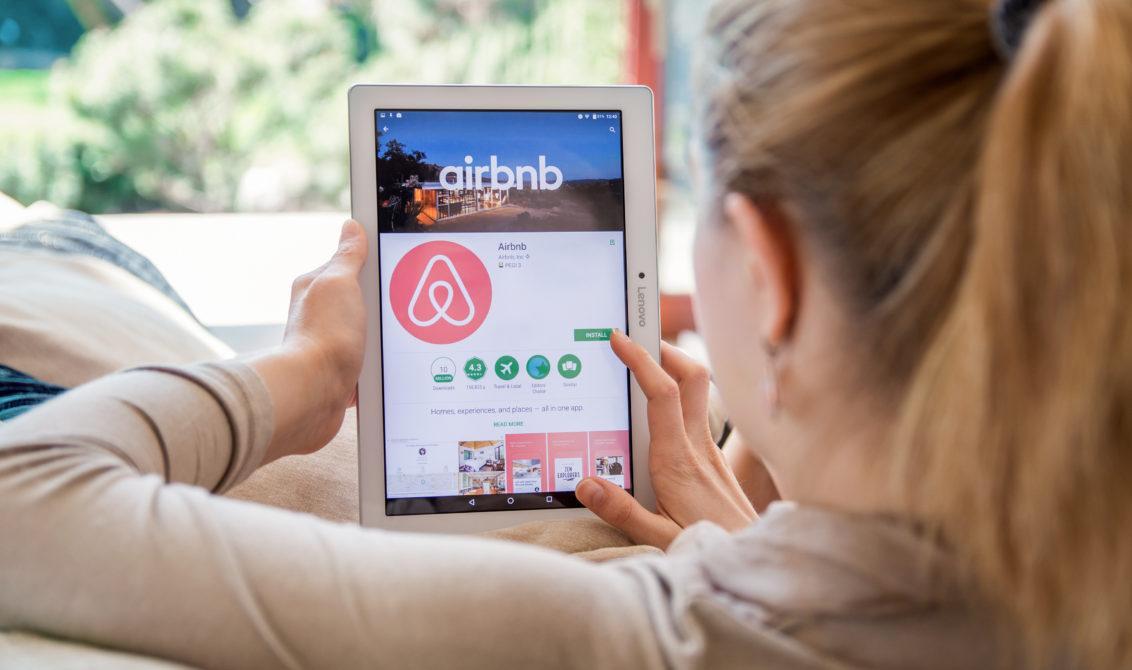
As if in an act of defiance, the housing market has seemed to operate on its own set of laws throughout the COVID-19 pandemic. The factors supporting the price hike are easily comprehended. The already-low supply in the market was further constrained by supply shortages, the astronomical rise in the cost of lumber, and the health and safety complications that delayed new construction starts. Simultaneously, historically low mortgage rates spurred market demand. Families, newly free from the bounds of schools and office districts, and still metabolizing the work-from-home transition, were quickly in need of more space. With low rates and high listing prices, many didn’t have to be told twice.
Established investors rarely need to be reminded that when one door closes in the market, another one opens. With minimal exceptions, the real estate market has picked up speed throughout the duration of the COVID-19 crisis. Deal flow and revenue seem to be unobstructed. If the new normal has arrived, it’s come bearing gifts. Below are a few important ways post-COVID homeowners and investors can position themselves as grateful recipients.
Your Address Is An Asset
Homeowners and investors alike are under a new kind of pressure to observe their home address as an operative asset in their personal financial portfolio. Not only is it an asset, it’s an asset that’s worth more than it likely has at almost any point previously. And to take one step further, its appreciation is, currently, accelerating by the day.
In some cases, that information alone has been enough to catalyze major decisions. Presumably, the question of selling or refinancing has been a popular topic in market-aware households across the country. But a third option needs to be added to the sell / don’t sell dichotomy: renting a home or an investment property has been a winning COVID-era strategy, and short-term rentals in particular have been some of the best performing assets since the pandemic’s inception.
With almost no barrier to entry, established investors and existing homeowners can quickly pivot toward a short-term rental strategy. But every good investment, regardless of ease or availability, benefits from a strong due-diligence strategy. Comparing your property to similar rentals in the area, and studying the seasonally adjusted monthly earnings for your area, you can list your offering—a bedroom, a whole floor—at a price and stay length that will position you for optimal returns. Large margins, consistent demand, and less time between tenant payments have made short-term rentals one of the most investor-friendly points of entry into the post-COVID market headwind.
Claim up to $26,000 per W2 Employee
- Billions of dollars in funding available
- Funds are available to U.S. Businesses NOW
- This is not a loan. These tax credits do not need to be repaid
Real Estate Has Changed
The success of the Airbnb model—the comfort with, and preference for, more local hospitality offerings—certainly foreshadowed a change in the way we think about travel. But that model has also changed the future of real estate, and COVID-19 was a catalyst; the future came faster than anyone might have guessed.
The millennial generation is a growing force in the housing market. Faced with an inflated housing market, renting remains the preferred option for many young professionals. Among that group, short-term rentals are providing the most flexibility, and that flexibility is worth paying for; whether they’re traveling while working or preparing for the eventual back-to-office call, renters will pay above-average market prices for shorter-term, more flexible stays.
Dark Horse: 40 Doors or Less
Even with their growing success, short-term rentals call to mind the image of a vacation destination. But a look at the numbers shows demand has infiltrated the markets at nearly every segment. The multifamily sector has been particularly well-performing; buildings with 40 doors or less are capturing some of the steepest margins in the market. The National Multifamily Housing Council has reported that 65% of operative Airbnbs are located in multifamily buildings, and the CEO of Airbnb, Brian Chesky, has reported that the company will need millions more hosts to satisfy the current demand.
Landlords, too, are presented with a new choice as the future of real estate continues to materialize. A hybrid model—a rental strategy that maintains long term tenants while designating other units as short-term rentals—might put landlords in the best position to benefit from long-term relationships without forfeiting the market reward for the shorter-term strategy. Automated marketing strategies can help to adjust unit pricing and stay length to the market ideal, and partnering with management companies for guest management can easily offset the cost of more frequent tenant turnovers.
These accelerated changes in the real estate market are equipping homeowners, investors, and landlords with unforeseen potential. Whether it’s a question of renting a spare bedroom, pivoting to a hybrid model, or acquiring new rental properties in the multifamily sector, the accelerated arrival of the new era of real estate is full of opportunity. With the proper attention paid to their positioning, every market observer can find new pathways to financial freedom and portfolio diversity—two important silver linings after the trials and tribulations of COVID-19.
Author Bio
Emir Dukic is the CEO of Rabbu, a frontier flexible rental asset management company that has a tool to help real estate investors see the potential for short-term rental income. With proprietary technology, Rabbu automates all aspects of asset management—from marketing to operations to tenant health and safety. Rabbu helps property managers supercharge their operations, eradicate contact and manage their assets across major rental platforms: Airbnb, Zillow, Booking.com and more.



